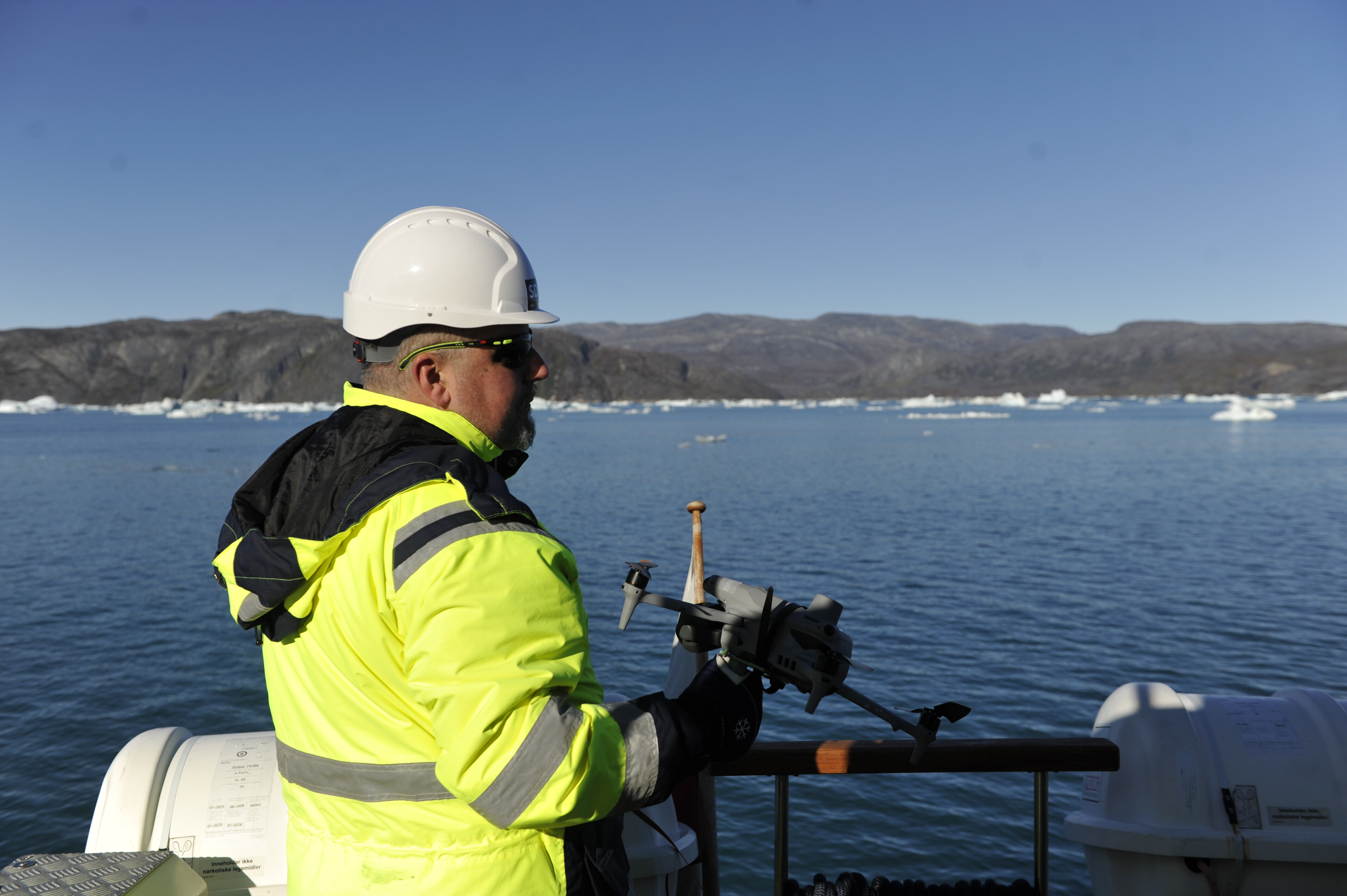2020 ties with 2016 as world's hottest year on record, EU climate change service says

The 2010s were reported as the hottest decade on record. Image: REUTERS/David W Cerny
Kate Abnett
Reporter, Reuters- 2020 has been reported as the joint-hottest year on record, tied with 2016.
- Climate change will likely lead to more severe and dangerous weather events including floods and droughts.
Last year tied with 2016 as the world’s warmest year on record, rounding off the hottest decade globally as the impacts of climate change intensified, the European Union’s Copernicus Climate Change Service said.
After an exceptionally warm winter and autumn in Europe, the continent experienced its hottest year on record in 2020, while the Arctic suffered extreme heat and atmospheric concentrations of planet-warming carbon dioxide continued to rise.
Scientists said the latest data underscored the need for countries and corporations to slash greenhouse gas emissions quickly enough to bring within reach the goals of the 2015 Paris Agreement to avoid catastrophic climate change.
“The extraordinary climate events of 2020 and the data from the Copernicus Climate Change Service show us that we have no time to lose,” said Matthias Petschke, Director for Space in the European Commission, the EU’s executive arm. The bloc’s space programmes include the Copernicus earth observation satellites.
In 2020, temperatures globally were an average of 1.25 degrees C (2.7 degrees F) higher than in pre-industrial times, Copernicus said. The last six years were the world’s hottest on record.
The Paris accord aims to cap the rise in temperatures to “well below” 2 degrees C and as close as possible to 1.5 degrees C to avoid the most devastating impacts of climate change.
“The key here is to... reduce the amount we emit,” Copernicus senior scientist Freja Vamborg told Reuters.
Last year also saw the highest temperature ever reliably recorded, when in August a California heatwave pushed the temperature at Death Valley in the Mojave Desert up to 54.4C (129.92°F).
The Arctic and northern Siberia continued to warm more quickly than the planet as a whole in 2020, with temperatures in parts of these regions averaging more than 6C above a 30-year average used as a baseline, Copernicus said.
The region also had an “unusually active” wildfire season, with fires poleward of the Arctic Circle releasing a record 244 million tonnes of CO2 in 2020, over a third more than in 2019.
Arctic sea ice continued to deplete, with July and October both setting records for the lowest sea ice extent in that month.
Scientists who were not involved in the study said it was consistent with growing evidence that climate change is contributing to more intense hurricanes, fires, floods and other disasters.
In the United States, the costs in lives and damage is fast rising, said Adam Smith, a climate scientist with the National Oceanic and Atmospheric Administration (NOAA).
“We need another dictionary to help us describe how these extremes continue to play out and unfold year after year,” said Smith, who tracks climate-related disasters that cause more than a billion dollars worth of damage.
Smith said that the 16 billion-dollar disasters that occurred in the United States in the first nine months of 2020 matched previous annual records set in 2011 and 2017.
A preliminary tally found that 13 of last year’s disasters led to at least 188 deaths and costs of $46.6 billion, Smith said. NOAA was to release a complete survey of damages in 2020 at 1600 GMT (1100 a.m. EST).
Don't miss any update on this topic
Create a free account and access your personalized content collection with our latest publications and analyses.
License and Republishing
World Economic Forum articles may be republished in accordance with the Creative Commons Attribution-NonCommercial-NoDerivatives 4.0 International Public License, and in accordance with our Terms of Use.
The views expressed in this article are those of the author alone and not the World Economic Forum.
Stay up to date:
Climate Indicators
Related topics:
Forum Stories newsletter
Bringing you weekly curated insights and analysis on the global issues that matter.
More on Climate Action and Waste Reduction See all
Noelia Garcia Nebra
November 18, 2025








